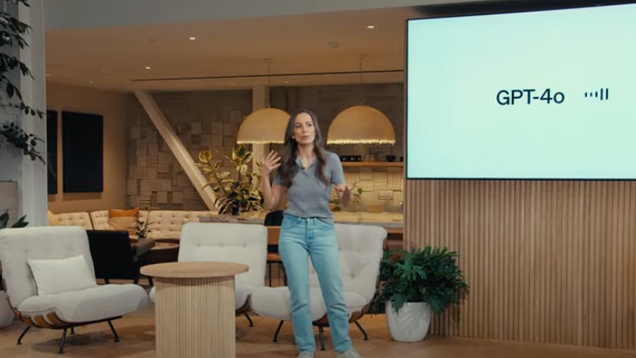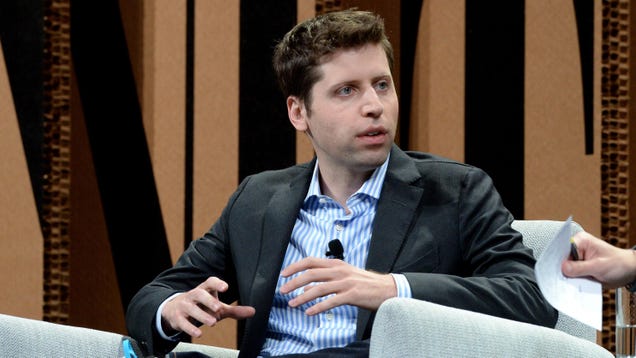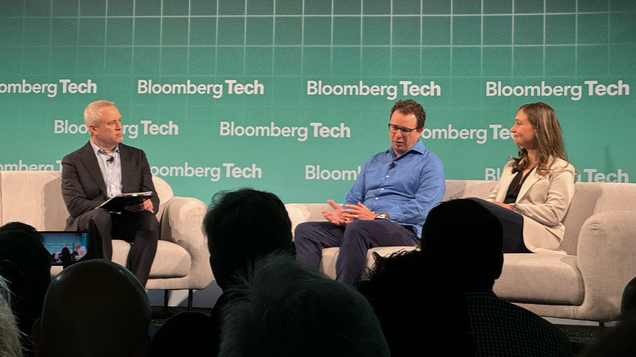
OpenAI and Google showcased their latest and greatest AI technology this week. For the last two years, tech companies have raced to make AI models smarter, but now a new focus has emerged: make them multimodal. OpenAI and Google are zeroing in on AI that can seamlessly switch between its robotic mouth, eyes, and ears.









